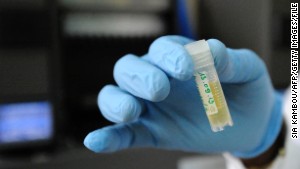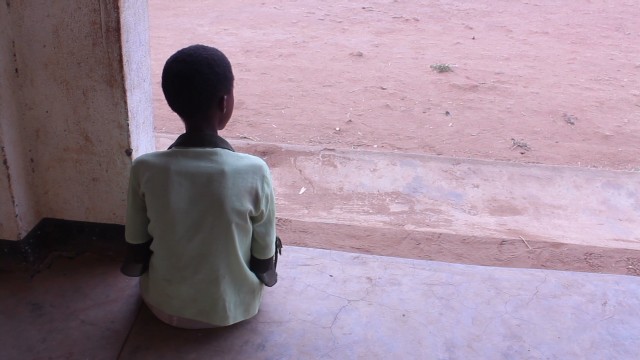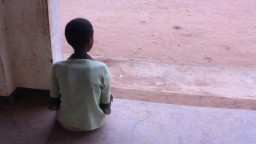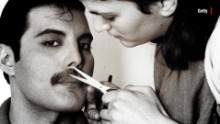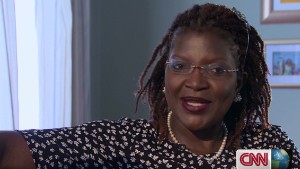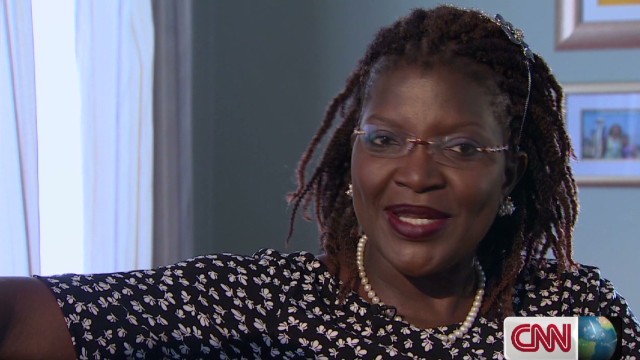While the total number of new infections declined globally from 2005 to 2015, certain countries saw a rise in numbers of people becoming infected, calling for better targeting of prevention programs in order to
end AIDS by 2030.
The greatest increases in infections were seen in Pakistan, Panama, Qatar and Afghanistan, respectively, but countries across four continents were highlighted, including Russia and Mexico.
"We must slow down the risk of new infections," said Haidong Wang, assistant professor of global health at the
Institute for Health Metrics and Evaluation at the University of Washington, who led the study.
The rate at which infections have declined globally over the decade were also raised as a concern, as new infections with HIV fell by an average 0.7% per year between 2005 and 2015, compared to a much more significant decline of 2.7% per year from 1997 to 2005, according to the study. "This is a stark contrast," said Wang.
The study is based on findings from the
Global Burden of Diseases, Injuries, and Risk Factors Study and explored the numbers of new infections, people living with HIV, deaths from HIV infection and people accessing treatment in 195 countries and territories from 2005 to 2015.
More than 75% of new infections recorded in 2015 across the 195 countries included in the study were in sub-Saharan Africa, with South Asia coming second with 8.5% of infections.
The need for more drugs
During a press conference, Wang used Pakistan as an example to highlight the importance of access to antiretroviral therapy. In Pakistan, less than 6% of people infected with HIV are receiving ART, according to the study.
Treatment has been shown to reduce the risk of transmitting HIV by up to
96%, as levels of the virus in the body can become almost undetectable when antiretroviral drugs are taken consistently. "[We need to] meet the needs of those infected to access treatment," he said.
Some positive trends were seen in the study, including a decline in the number of deaths globally from AIDS. Numbers accessing treatment as a whole have also risen, rising from 6.4% among men in 2005 to more than 38% in 2015. The increase in treatment among women was even greater, with an almost 40% increase over the same time period.
But these numbers are still far from global targets.
UNAIDS hs set the
90:90:90 targets to end AIDS, which calls for 90% of people to know their HIV status, 90% of people infected to be on treatment, and 90% of those on treatment to have suppressed levels of the virus by 2020 -- just five years away. At the current rates of increase seen in the study, these targets will not be met.
"There's still an enormous burden of disease," said
Peter Piot, director of the London School of Hygiene and Tropical Medicine and founding director of UNAIDS. He stressed the urgency of the situation given today's population growth.
"Some countries in Africa have the highest population growth in the world," he said. "And here we have the largest cohort of sexually active adults and adolescents coming up."
Money to prevent infections
A theme throughout the conference has been the increased rates of HIV among adolescents, particularly adolescent girls, and the need to prioritize prevention measures such as condoms, male circumcision and pre-exposure prophylaxis (PrEP), where drugs are taken to prevent infection.
The importance of prevention was raised in the opening ceremony of the conference on Monday by UNAIDS executive director Michel Sidibé. "Today, I'm sounding the alarm on prevention," he said to the crowd of 18,000 doctors, scientists, AIDS activists, politicians, philanthropists, drug company representatives, people living with HIV and heads of state from around the world. "By 2020 all countries should reduce new infections by 75%."
Multiple presentations at the meeting have also highlighted growing
disinterest in funding for HIV control efforts in recent years by international governments.
"In some low-income countries in Africa, the needs for HIV prevention could be as high as half of all public expenditure on health. There's no way these countries can fund by their own means the fight against AIDS," Piot said.
With infections going up in some countries and funding going down, something needs to be done, experts said.
"Are we going to see the end of AIDS by 2030? Not likely, I think," said
Tom Achoki, a clinical assistant professor at the Institute for Health Metrics and Evaluation at the University of Washington, who was also involved in the study. "We need to work together to maintain this commitment."





